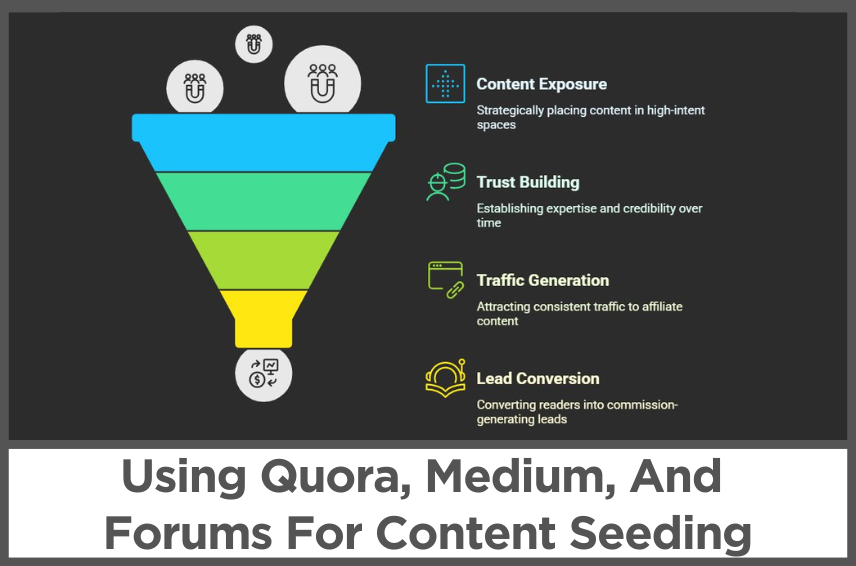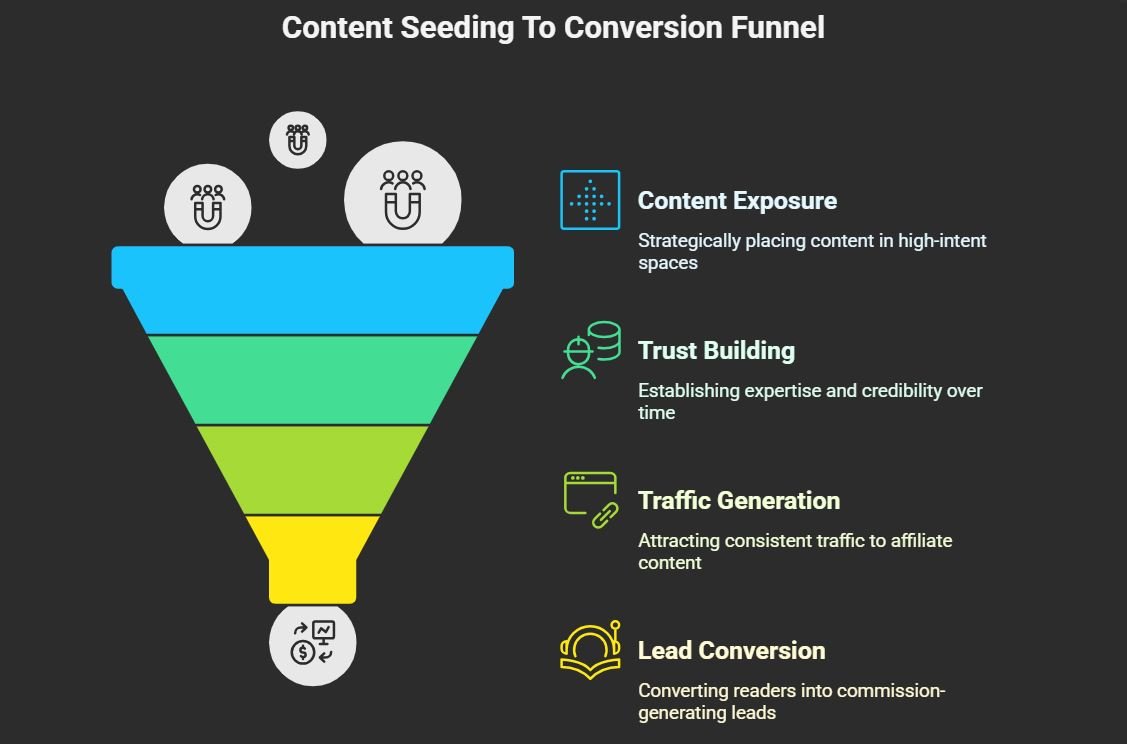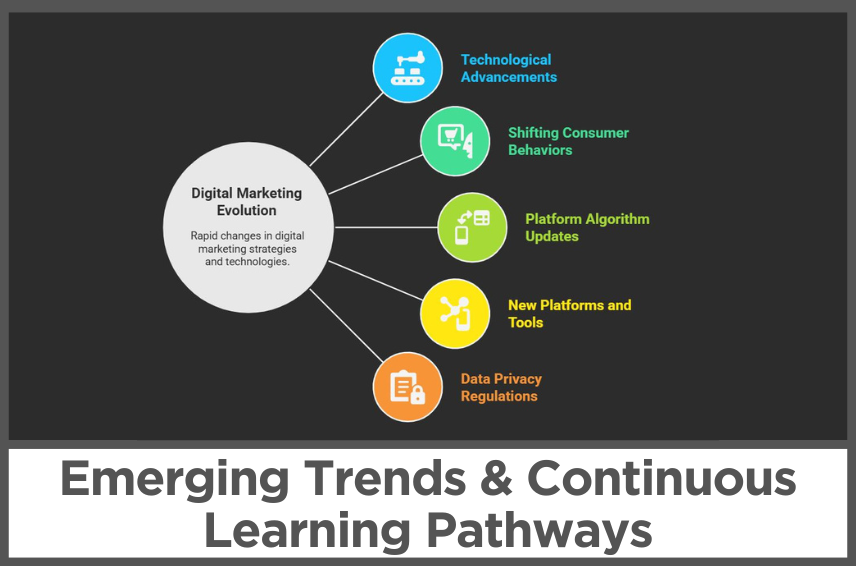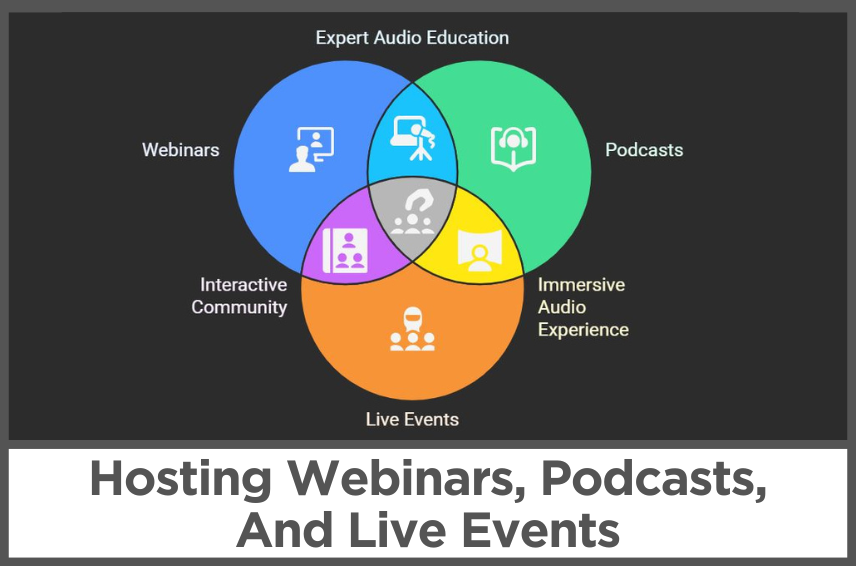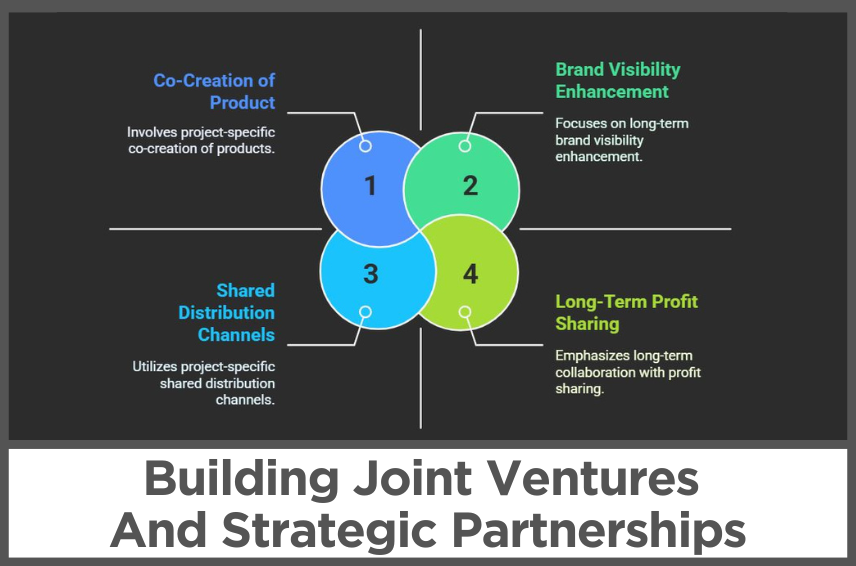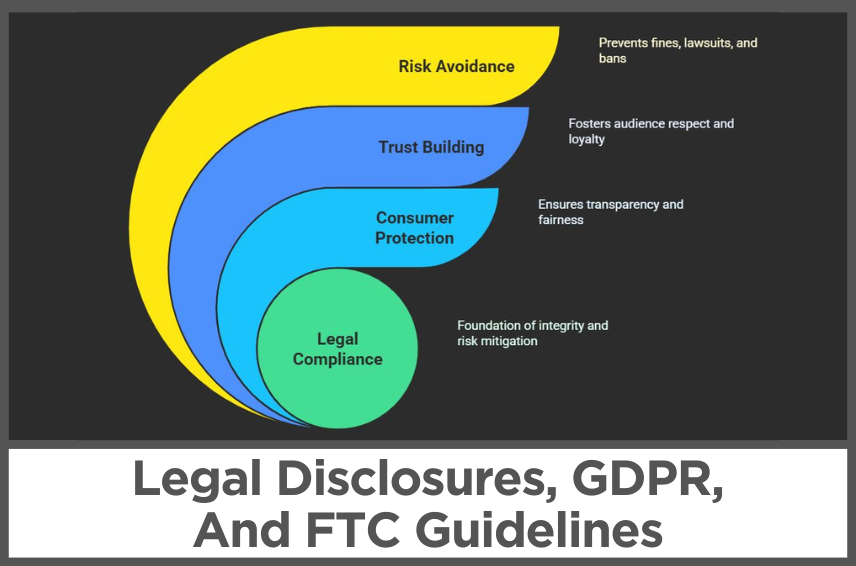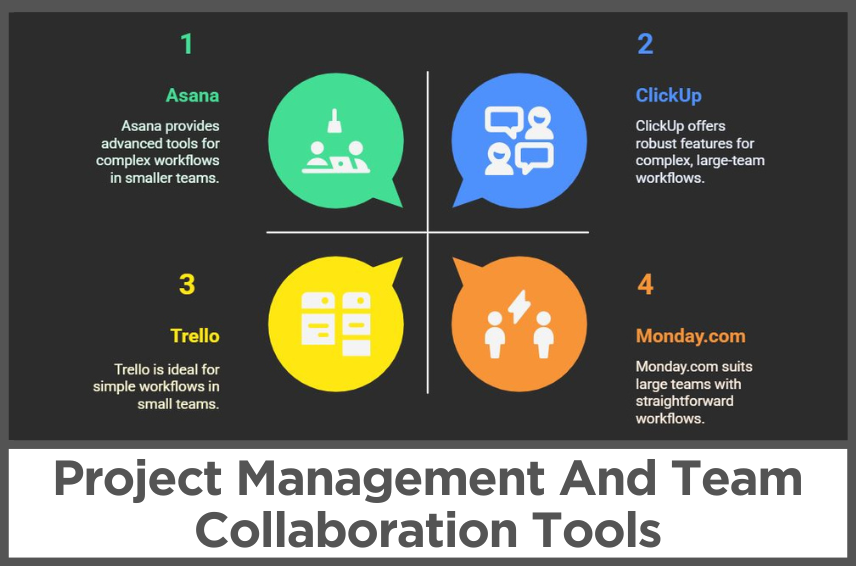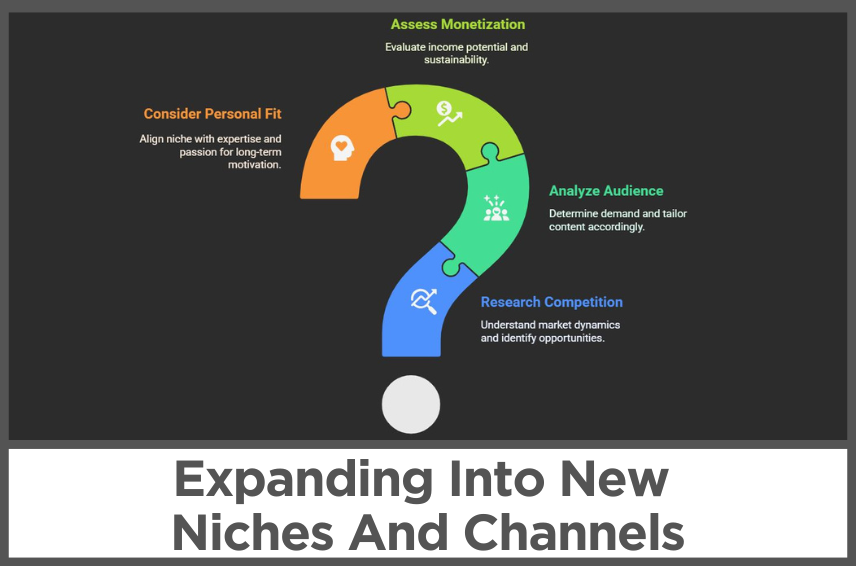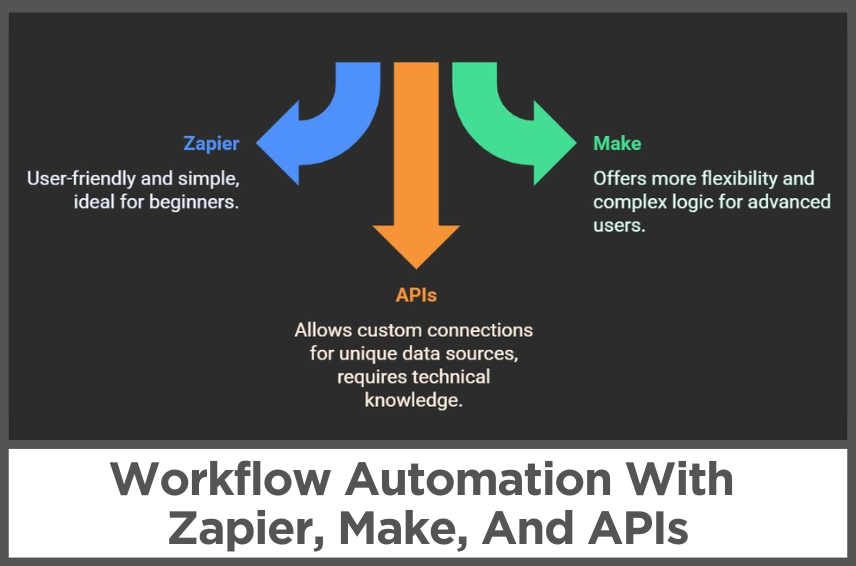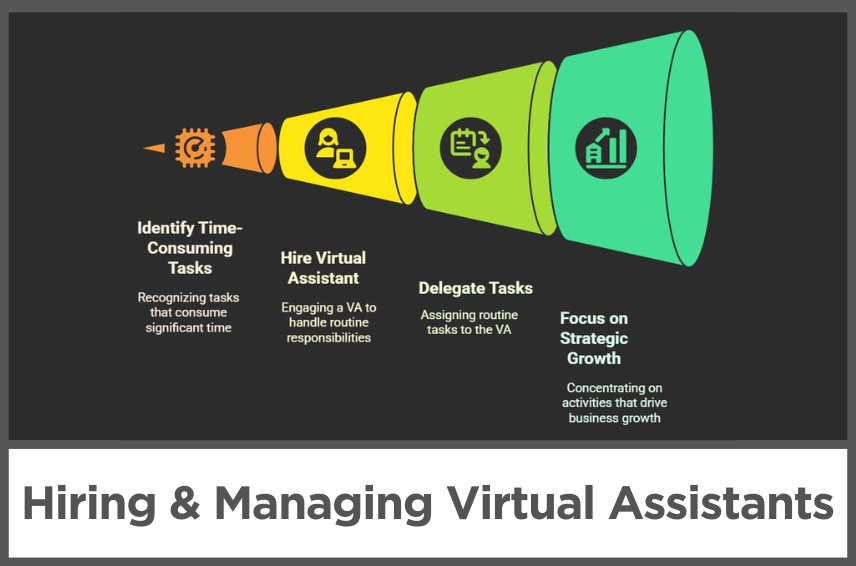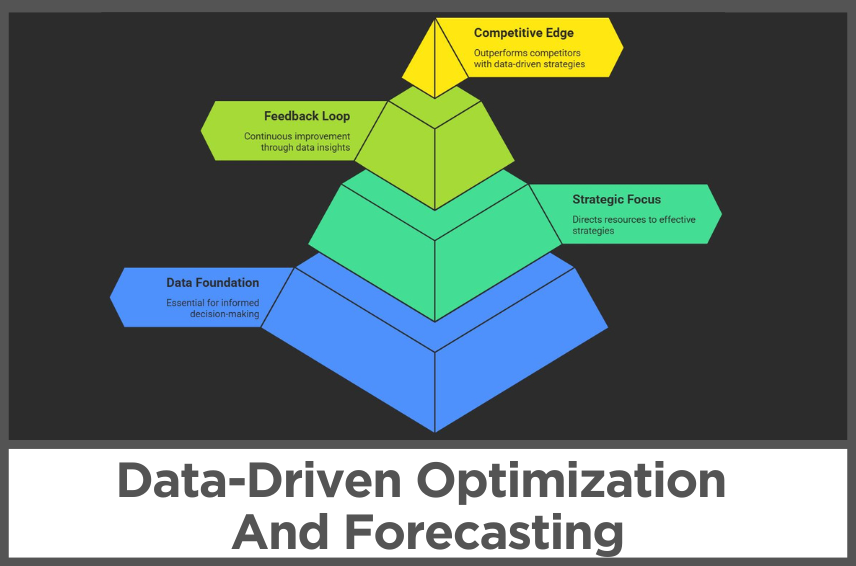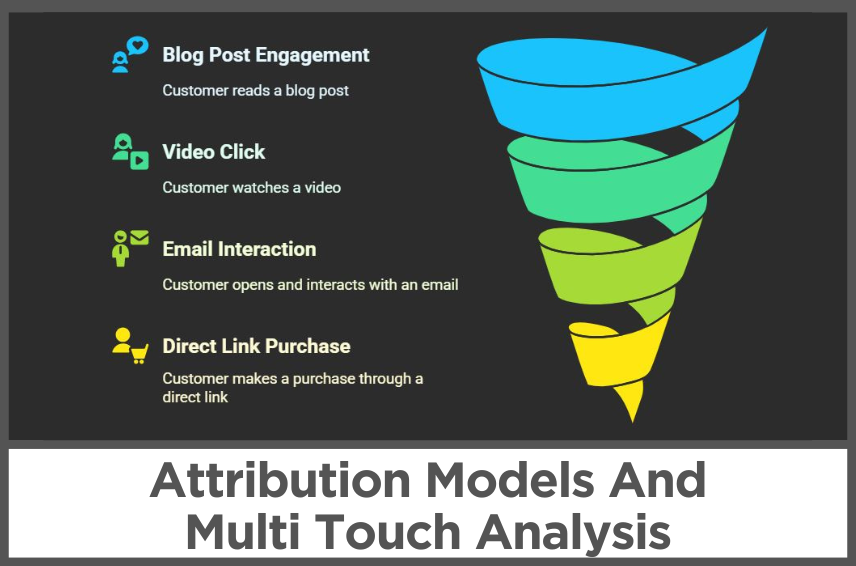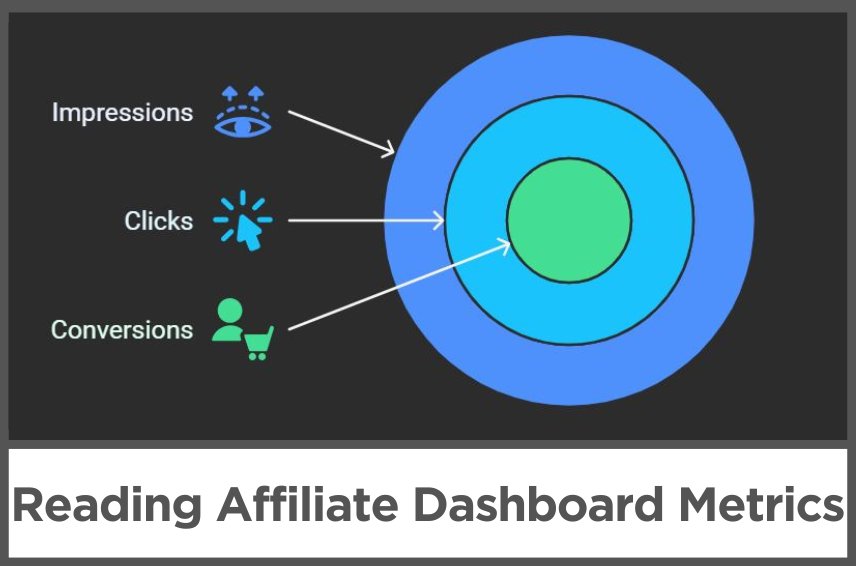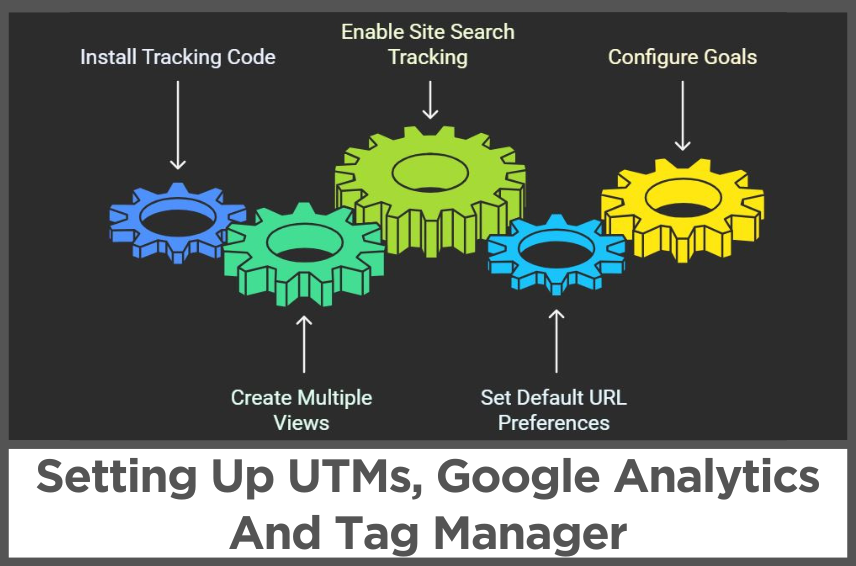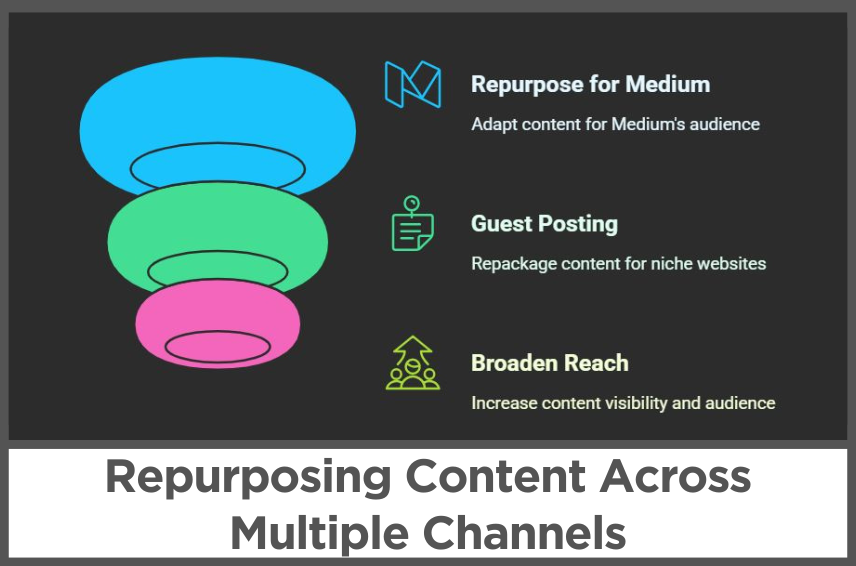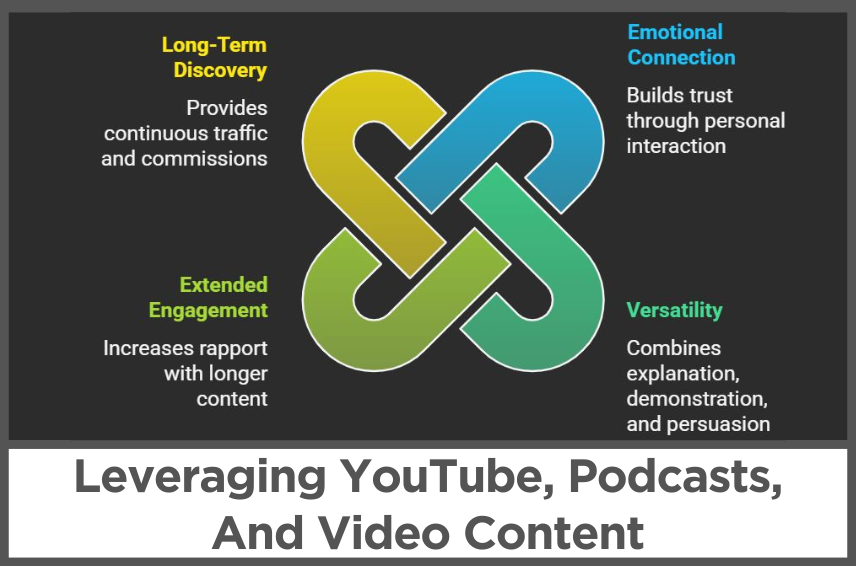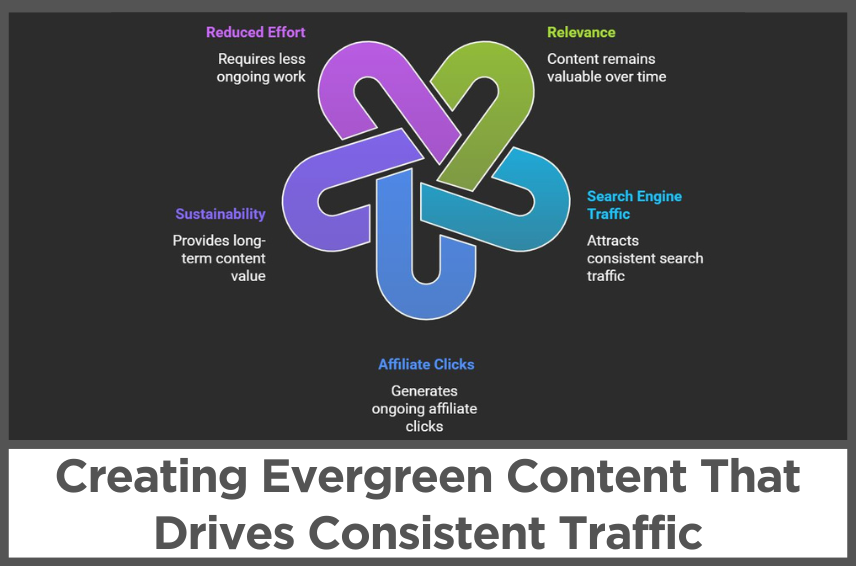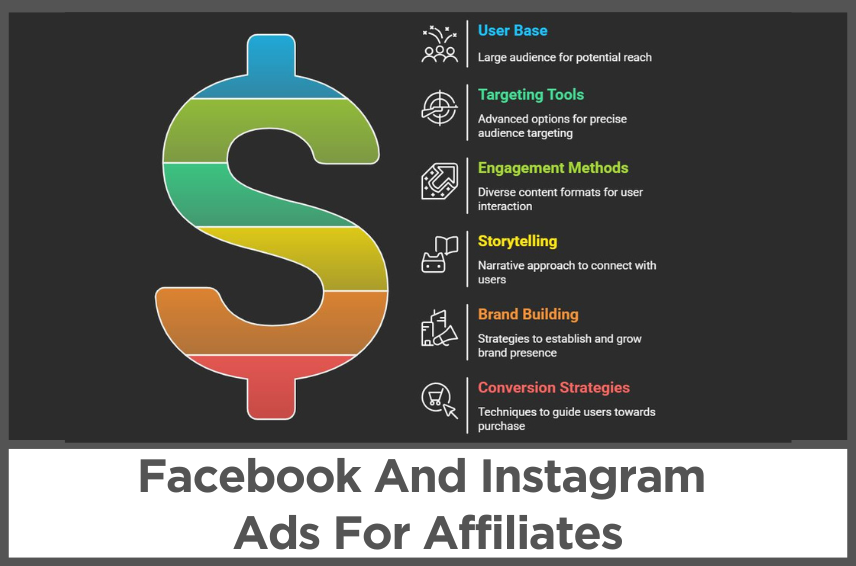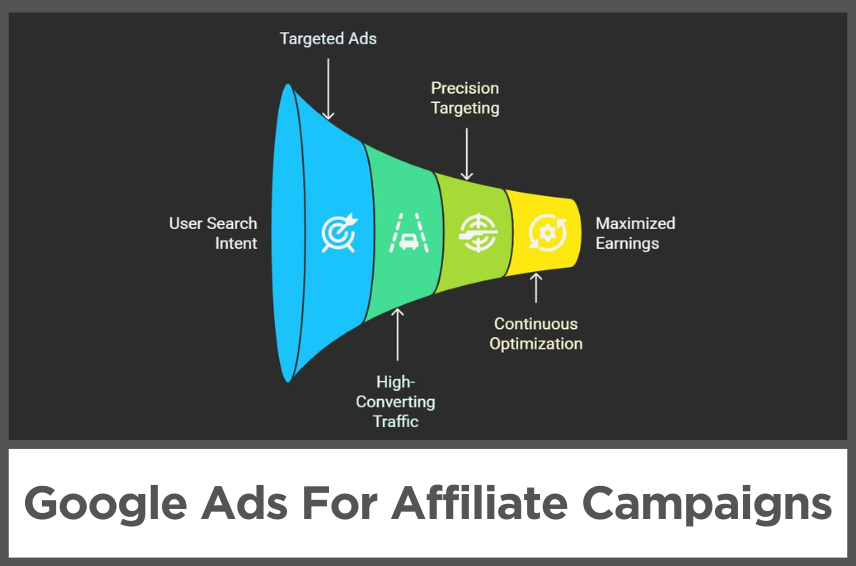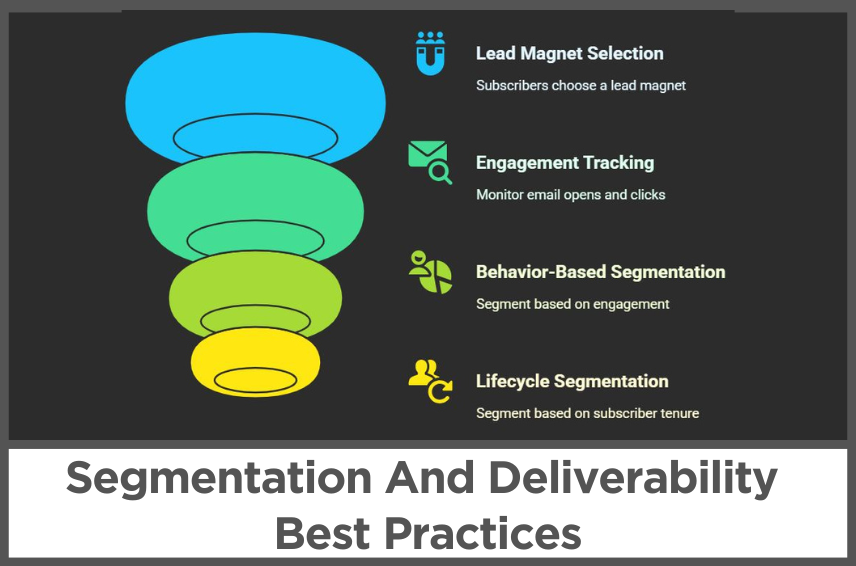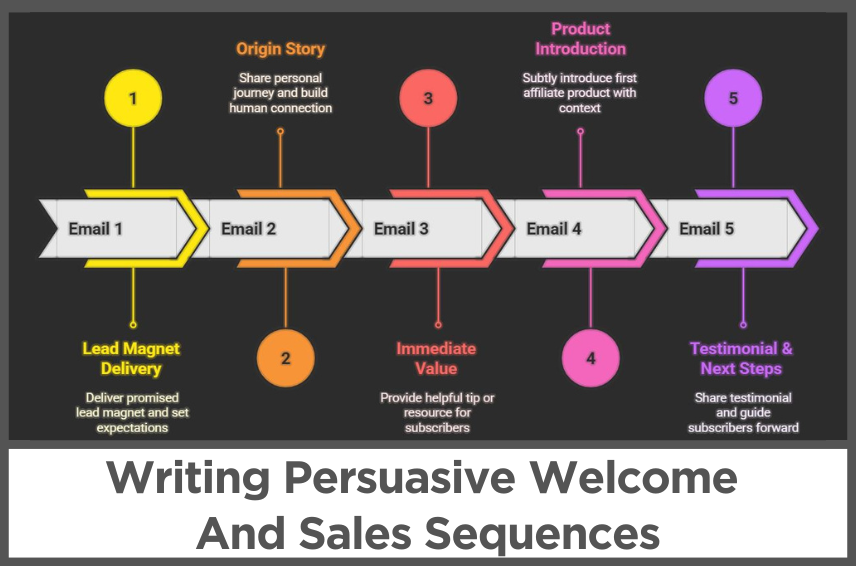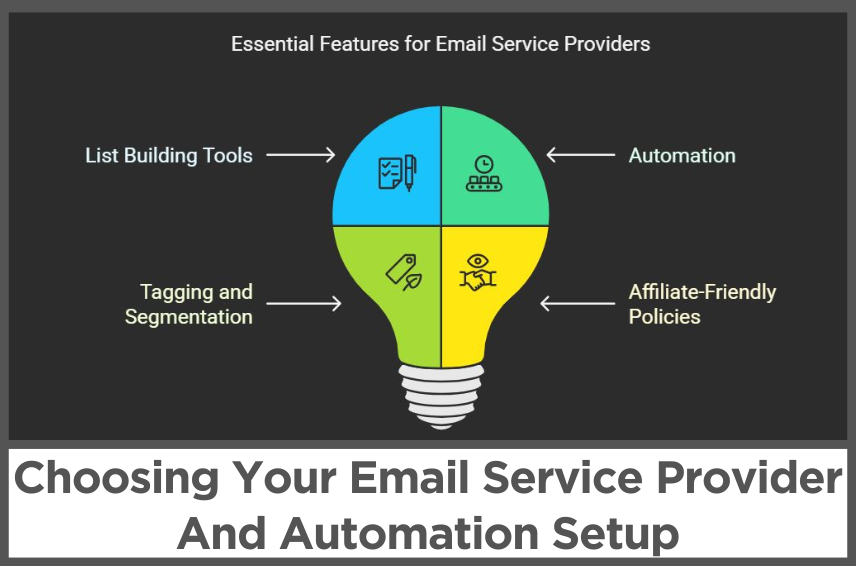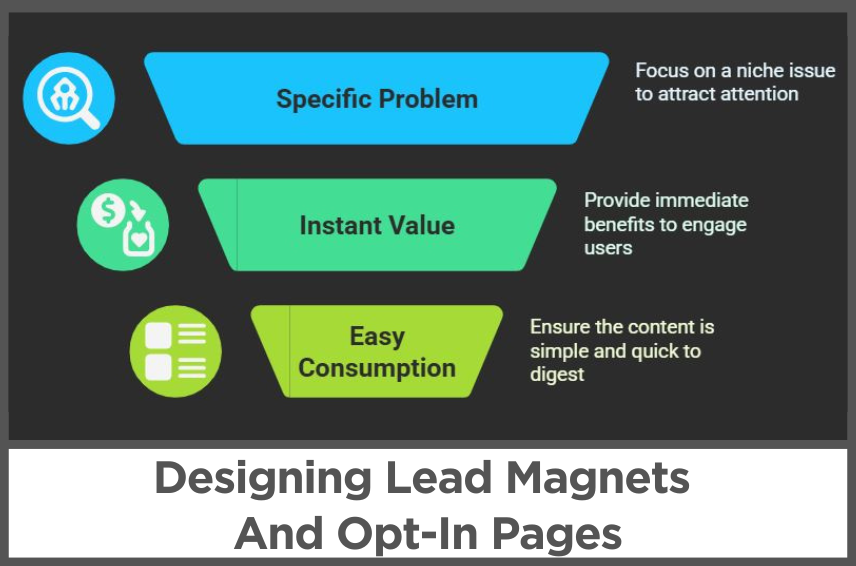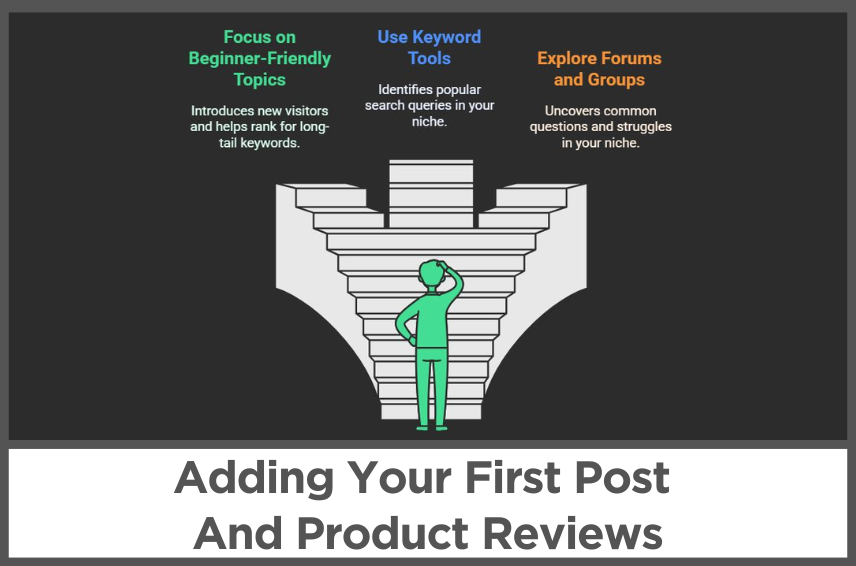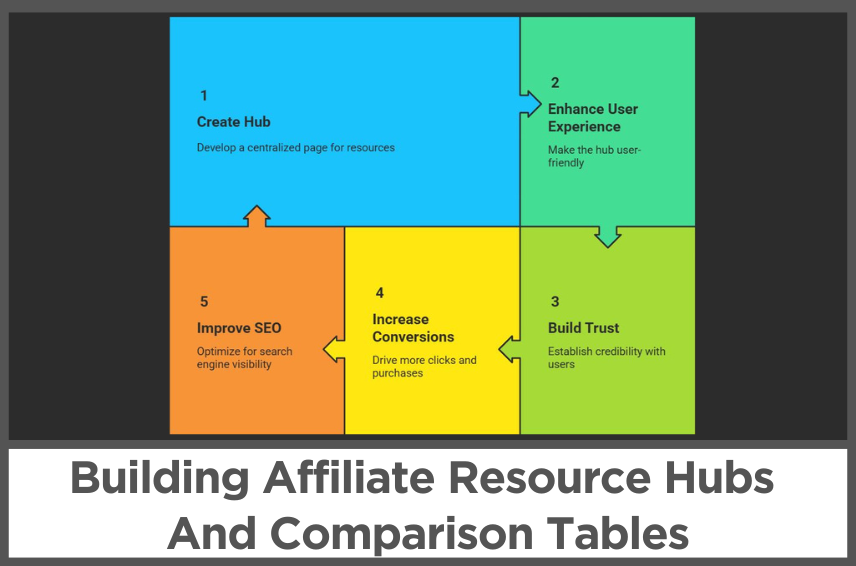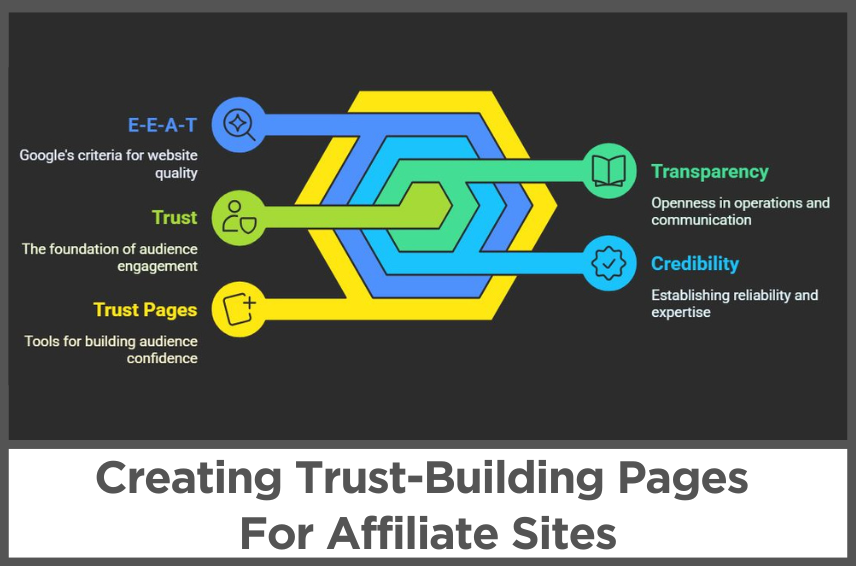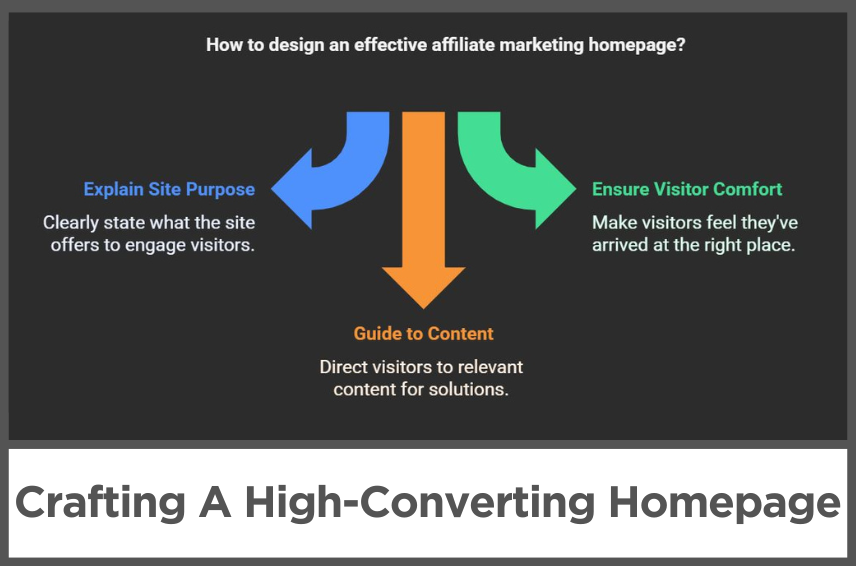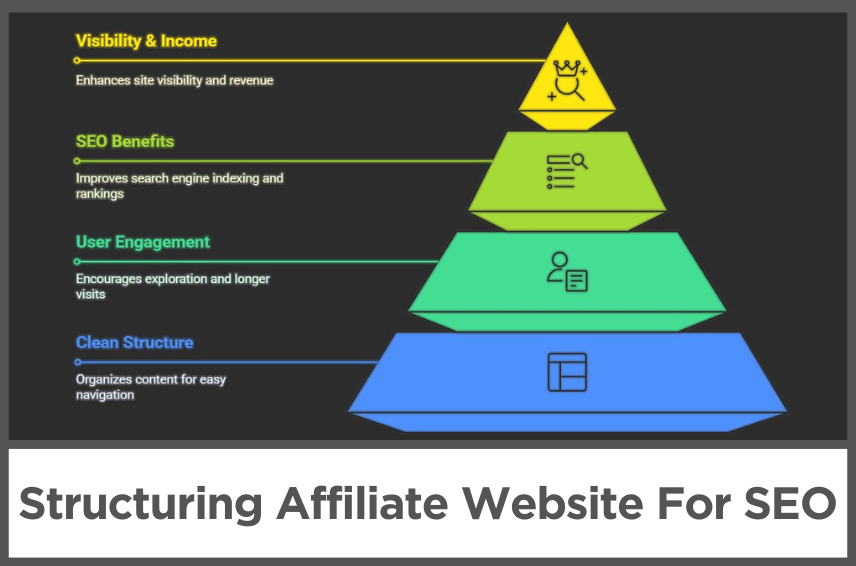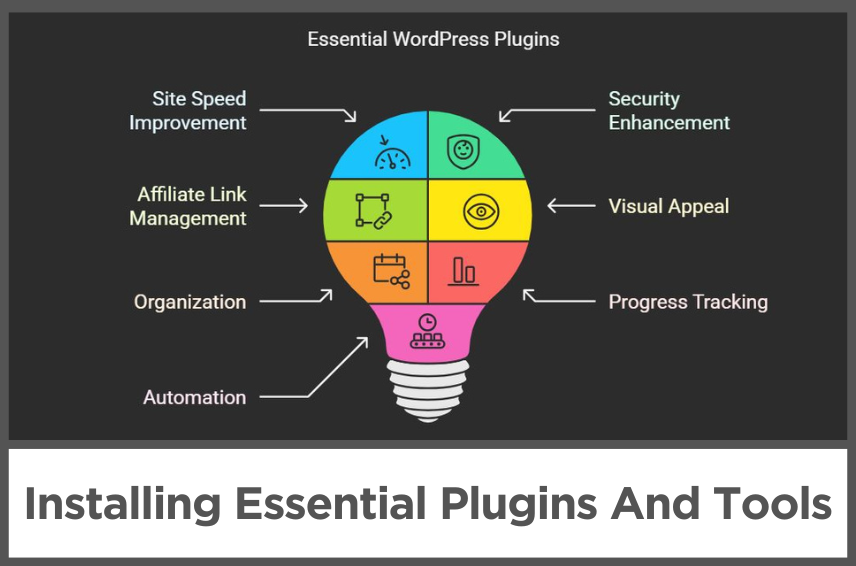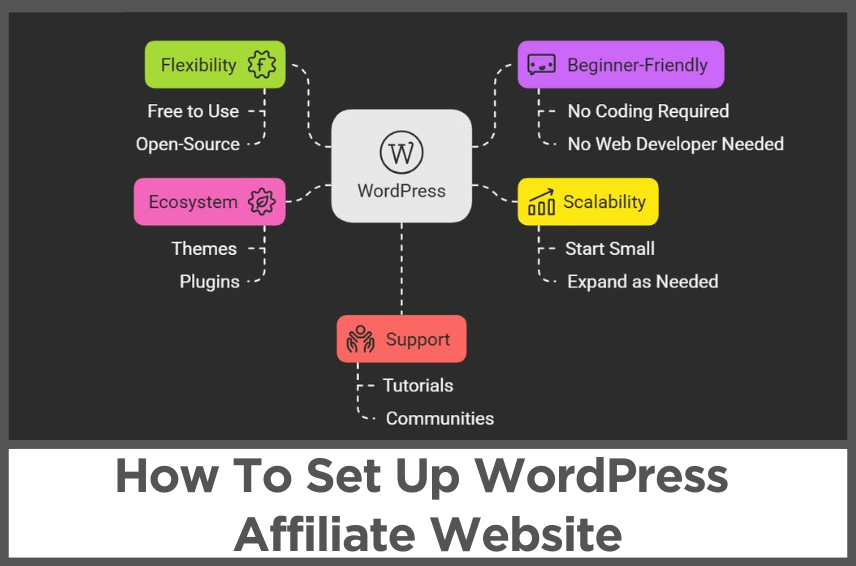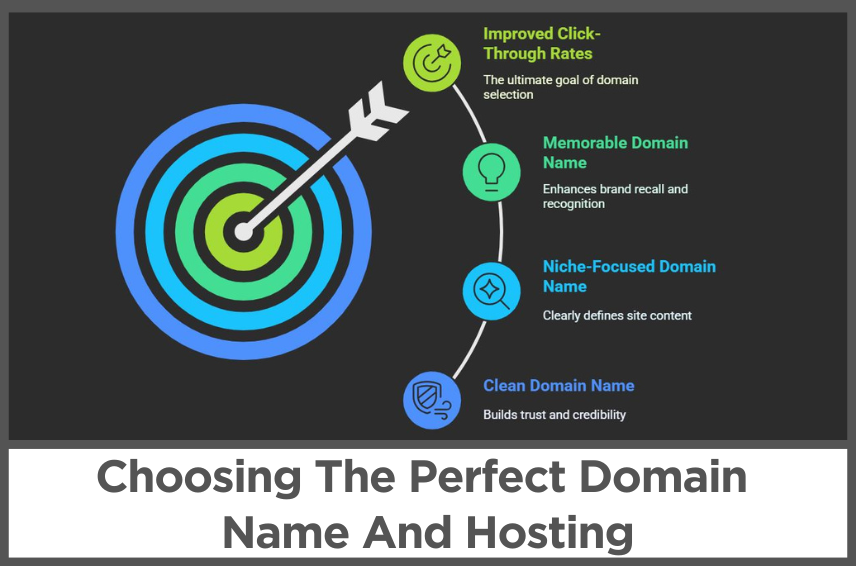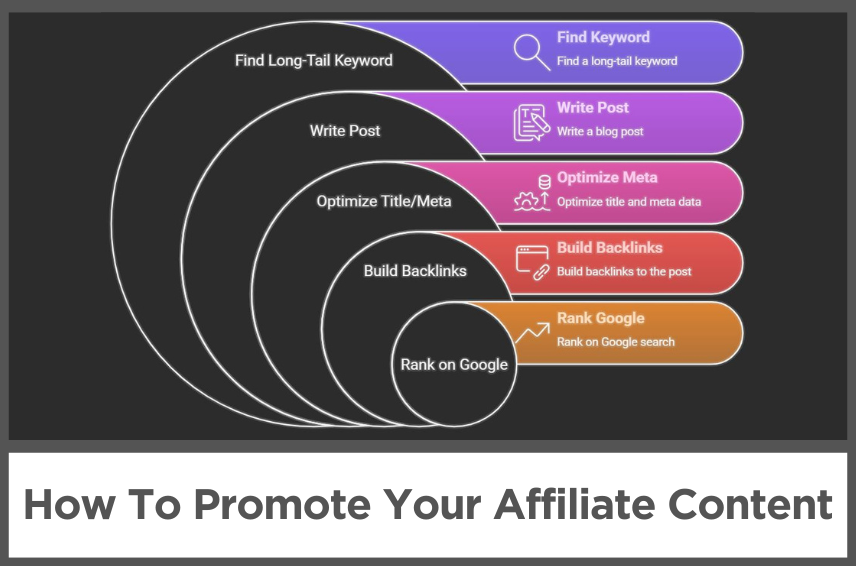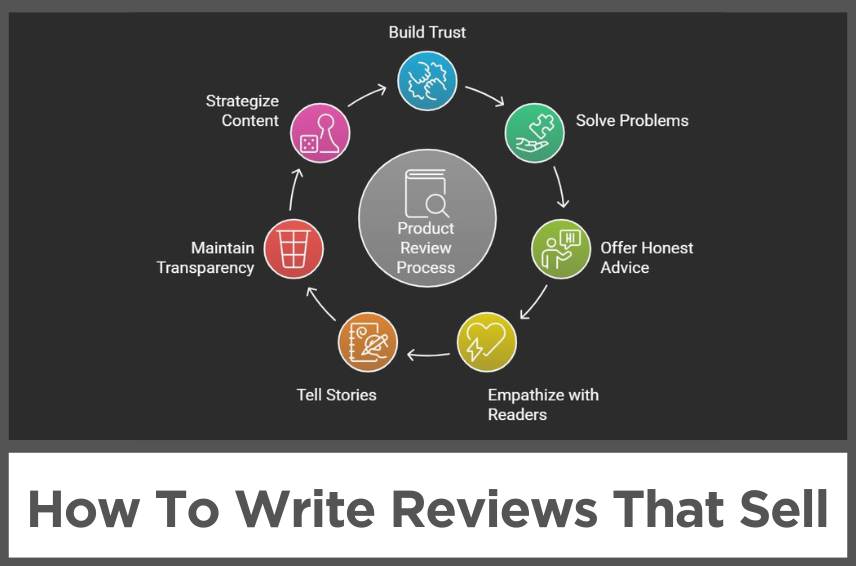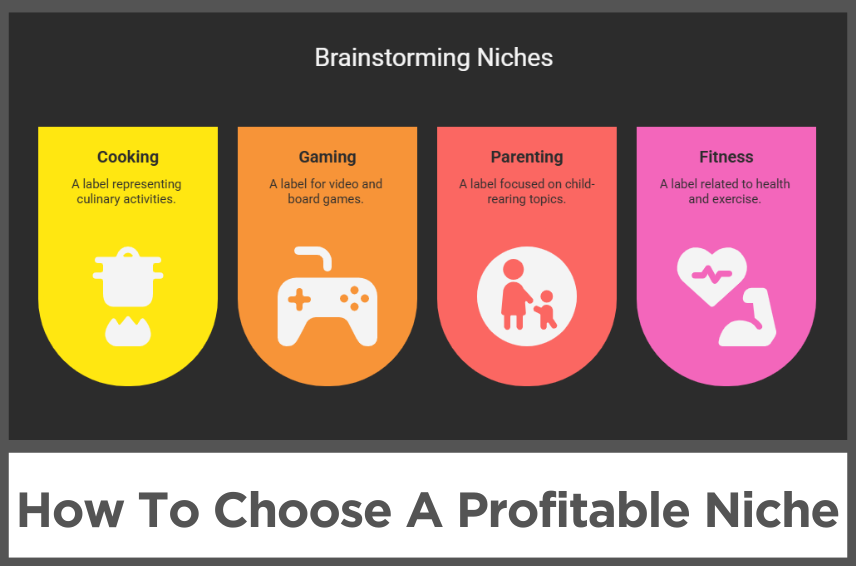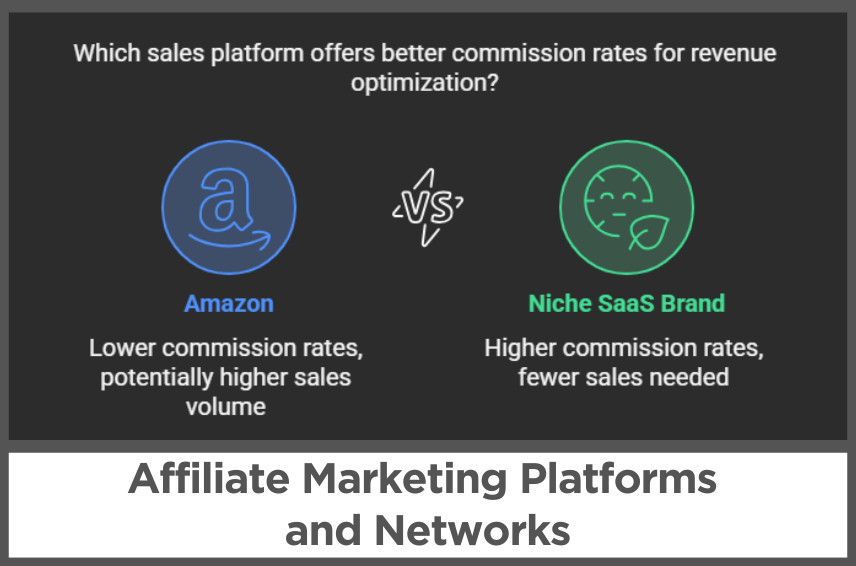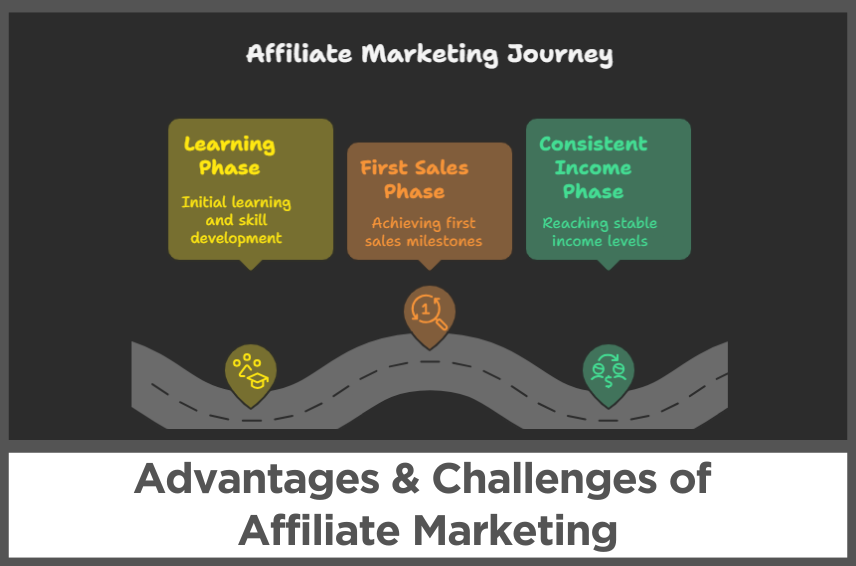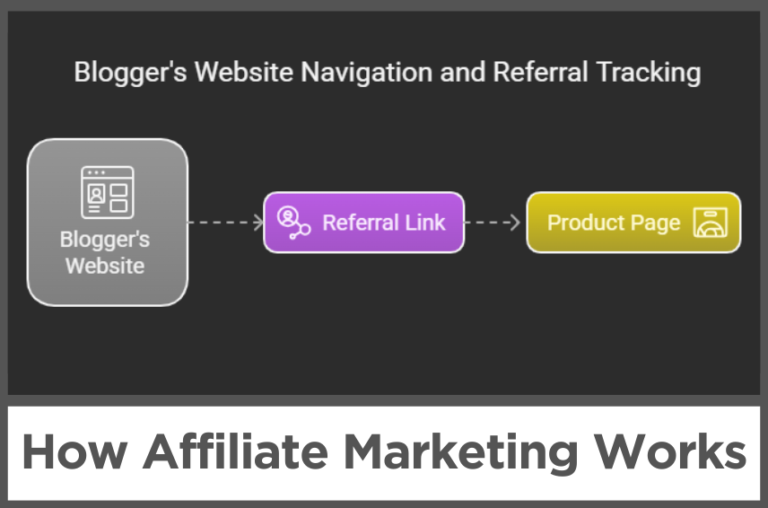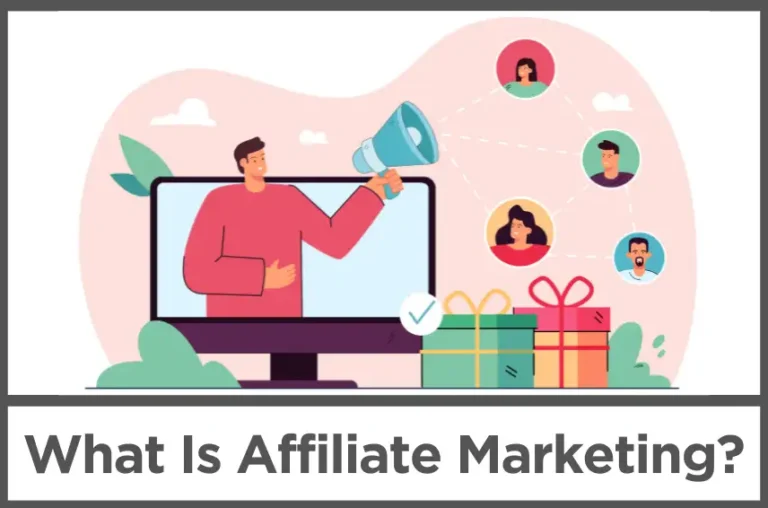M7.C3: Quora, Medium, And Forums For Content Seeding
by Abhigyan
Online communities are where real questions get asked, real problems are discussed, and trust is built.
Platforms like Quora, Reddit, Medium, and niche-specific forums are full of users actively seeking information, recommendations, and honest advice.
For affiliates, this creates the perfect environment to position yourself as a helpful expert while gently directing readers to your content and offers.
In this chapter, we’ll uncover how to use these platforms to seed your content the right way—building long-term traffic and trust, not spammy links or short-term clicks.
Disclosure: Some of the links I share might be affiliate links. If you click on one and make a purchase, I may earn a small commission as a thank you. But don’t worry, it won’t cost you anything extra. I only recommend stuff I genuinely believe in. Your support helps me keep creating awesome content. You can read my full affiliate disclosure in my disclaimer page.
IN THIS POST :
ToggleContent Seeding And Its Benefits For Affiliates
Content seeding is the process of placing your content in front of the right audience where they’re already spending time—without being intrusive or salesy.
It’s about strategically showing up in online spaces with helpful, relevant information and gently guiding people toward your content or offers.
For affiliates, this method is powerful because it creates exposure in places where intent is already high.
When someone is searching for a product review, comparing tools, or asking how to solve a specific problem, they’re often just a few clicks away from making a purchase.
That’s the sweet spot for content seeding.
Unlike paid ads that disappear once the budget dries up, well-placed answers or community posts continue working behind the scenes for months or even years.
They build trust, establish your expertise, and generate consistent traffic to your affiliate content.
Over time, this becomes a form of passive lead generation, where your content keeps attracting curious readers and converting them into commissions.
Choosing The Right Platforms Based On Your Niche
Every niche has its own digital watering holes. The trick is to find where your audience naturally gathers and participate in a way that feels authentic.
Quora is a question-and-answer site where people look for detailed explanations and personal experiences.
If your niche involves problem-solving—think tech, health, finance, productivity, or digital tools—it’s a great platform to showcase your knowledge through thoughtful responses.
Medium, on the other hand, attracts a more reflective audience that enjoys deeper reads.
It’s an ideal place to publish educational articles, tutorials, or thought leadership pieces tied to your affiliate content.
Because Medium has built-in readership and discoverability, your content can gain traction without needing a large following upfront.
Then there are forums like Reddit and niche communities where conversations are more raw, passionate, and varied.
If you’re in a hobby niche—gaming, photography, fitness, or parenting—these forums often contain goldmines of discussions.
The key is to identify subreddits or independent forums with active users and conversations that align with your content goals.
Choosing the right platform isn’t about being everywhere—it’s about being where your people are and contributing with purpose.
How To Ethically Participate In Communities
One of the biggest mistakes new affiliates make is jumping into communities with the mindset of pushing links.
That’s not only ineffective—it’s a fast track to being banned.
Authenticity matters. The people reading your posts aren’t just prospects; they’re community members who value helpfulness and honesty.
Before you post anything promotional, spend time engaging without any agenda.
Answer questions, upvote others’ contributions, and get a feel for the tone of the space.
Once you’ve built a presence, you can start weaving in your expertise and linking to your content—only when it adds value.
If someone asks for product comparisons, and you’ve written one that genuinely answers their query, linking it makes sense.
But if you’re dropping links into unrelated threads or offering shallow responses just to squeeze in your content, you’ll lose credibility quickly.
Think of it like making friends at a dinner party. You wouldn’t walk in, hand everyone a flyer, and leave.
You’d chat, listen, contribute, and gradually introduce your ideas. That’s the spirit you need when seeding content into community platforms.
Respect the space, contribute meaningfully, and the traffic will come naturally.
Crafting Value-Packed Answers That Build Trust
Every platform has its own style, but one principle holds true everywhere: people want answers that feel real.
When you write a Quora response or a Medium post, don’t just regurgitate information they could find anywhere. Share your take.
Use examples. Talk about what worked for you and what didn’t. This kind of personal insight cuts through the noise and builds trust.
Let’s say you’re answering a Quora question like “What’s the best email marketing tool for beginners?”
Instead of saying “Use Tool X—it’s the best,” tell them why. Mention your experience with a few platforms, what stood out, and what pitfalls to avoid.
Then, if you’ve written a full comparison on your site, you can offer it as an optional next step with a simple note like, “I actually wrote a breakdown comparing 5 tools—you might find it helpful.”
This approach builds goodwill. It shows you’re not there just to sell, but to genuinely help.
And when people feel helped, they’re far more likely to click, read more, and eventually convert through your affiliate links.
Linking Back To Your Affiliate Site Strategically
Strategic linking is all about context. You don’t need to plaster links everywhere to get results—in fact, that usually backfires.
Instead, focus on relevance. When you’ve given enough value in your post or answer, and a link to your content feels like a natural next step, that’s the moment to include it.
Avoid direct affiliate links unless the platform explicitly allows them. Most communities prefer you link to a blog post, guide, or landing page instead.
Also, be transparent. If you’re linking to a review that includes affiliate links, it’s okay to mention it briefly and invite readers to learn more if they’re interested.
This kind of honesty enhances trust. Use clean links, avoid clickbait phrasing, and always prioritize the reader’s experience.
A link that feels helpful and well-placed will do more for your affiliate business than ten links awkwardly stuffed into irrelevant threads.
Creating Answers That Stays Relevant For Long Time
One of the pros of community content is that it can keep working long after you hit “publish.” But to enjoy that long-term value, your content needs to be evergreen.
This means focusing on topics that don’t change drastically over time.
Instead of chasing news or temporary trends, write about common problems, frequently asked questions, and topics people always search for.
For instance, if you’re in the fitness niche, a post about “how to start working out at home with no equipment” is always going to attract attention.
If you’re in tech, a guide to “setting up a beginner-friendly website” will remain useful year-round. These topics have staying power.
When you write about them on Quora, Medium, or a forum, you increase the chances of your content showing up in search results, being bookmarked, or shared by others.
Revisit your best-performing posts every few months to see if they need updating. Maybe a product link changed or a new tip surfaced that you want to add.
Keeping your evergreen content fresh ensures that it continues to perform and reflect your growing expertise.
Monitoring Your Engagement On These Platforms
Tracking how your community contributions are performing isn’t about vanity, it’s about refinement. You want to know what’s resonating so you can do more of it.
The simplest way to monitor your performance is by using UTM parameters in your links.
These allow you to track which platform or even which post is sending you the most traffic through Google Analytics.
Pay attention to metrics like click-through rate, time on page, and bounce rate.
If a certain Quora answer brings lots of visitors but they leave quickly, maybe the link was too broad or didn’t match their expectations.
On Medium, see which articles are getting the most reads and claps—that’s a sign that the topic and tone are on point.
Also keep an eye on upvotes, comments, and shares within the community itself. If people are responding well to your posts, that’s a green light to keep contributing.
Over time, you’ll develop an intuitive sense for what type of content drives traffic, earns trust, and converts clicks into commissions.
Systematizing Community Engagement
There’s no need to spend hours every day writing answers and checking forums. Once you’ve got a feel for what works, you can streamline the process.
Start by creating a short list of go-to topics you can answer again and again, with small tweaks based on the question.
Keep templates or outlines for common responses—this saves time while ensuring your answers remain high-quality.
You can also batch your engagement. Set aside one or two blocks per week where you check in on Quora, Reddit, or your favorite forums.
During that time, respond to questions, drop helpful links, and schedule Medium posts.
If you’re publishing a new blog or review, plan in advance where you’ll seed it and how.
If you reach a point where engagement is growing and time is short, consider outsourcing some of the initial research or repurposing tasks to a VA.
As long as the final voice remains authentically yours, scaling becomes a natural extension of your system—not a source of stress.
What’s Next?
Now that you’ve learned how to seed your content across high-traffic platforms like Quora, Medium, and niche forums, it’s time to take content efficiency even further.
In the next chapter, Repurposing Content Across Multiple Channels, you’ll discover how to turn every piece of content into blog posts, social media carousels, and short videos.
It’ll allow you to multiply your visibility and reach without multiplying your workload.
Next Chapter:
Previous Chapter:
Abhigyan Mahanta
Hi! I’m Abhigyan, a remote web developer and an affiliate blogger. I create beginner-friendly guides to help new affiliates get started and grow in affiliate marketing. I also share information on remote companies and interview preparation tips.

